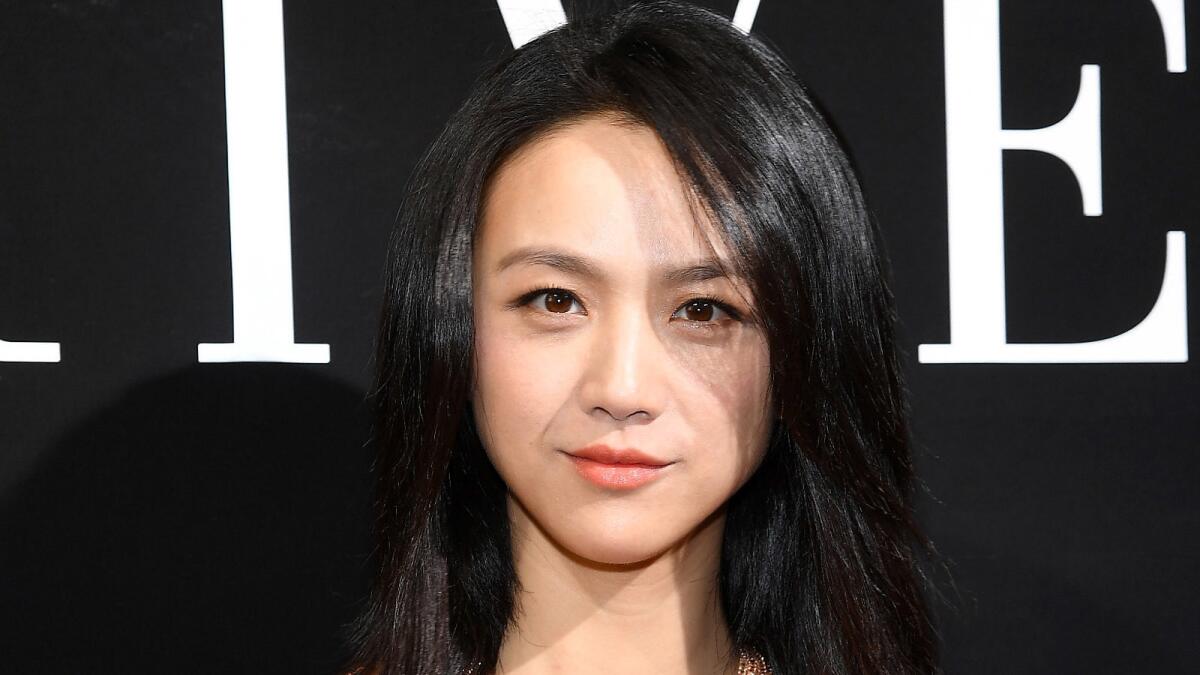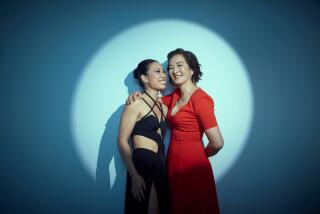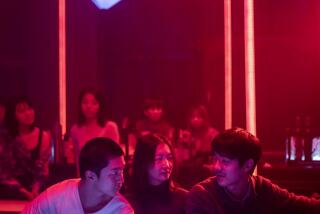Tang Wei’s spectacular career comeback after being banned in China

In 2006, Tang Wei landed the kind of breakout role most actresses would envy: the female lead in Ang Lee’s epic romance “Lust, Caution.” Then she didn’t work again for three years.
The film’s steamy love scenes led to a state-imposed hiatus, and Tang struggled to find her way back to the screen before emerging as Asia’s A-list romantic heroine. Understandably, the roles she’s picked since are often characterized by extreme duress and resilience.
Tang received acclaim for “Lust, Caution,” and her breathtaking transformation from prudish girl-next-door to voluptuous femme fatale won a best newcomer prize at Taiwan’s Golden Horse Awards.
However, not only was the film banned in China, the film bureau pressured the industry into ostracizing Tang. So she went to London to learn English, and reportedly moonlighted as a badminton coach and fashion model. Through the Quality Migrant Admission Scheme, she obtained Hong Kong citizenship, which enabled her to work in a relatively censorship-free market.
In 2009, Bill Kong, head of Edko Films and executive producer of “Lust, Caution,” gave Tang a chance to relaunch herself with the romantic comedy “Crossing Hennessy,” directed by screenwriter Ivy Ho. It also allowed her to show off the Cantonese she had picked up and express a blend of brittleness and self-sufficiency that became a trademark.
In the same year, she developed a South Korean fan base with “Late Autumn,” in which she gave a sympathetic portrayal of a fugitive on the run in Seattle for killing her abusive husband. The film was the biggest commercial hit for director Kim Tae-yong, who married his muse in 2014.
Tang became the prototype of a new tough-cookie rom-com heroine in “Finding Mr Right” (2013) by Xue Xiaolu, screenwriter for Chen Kaige’s “Together.” It centers on a tycoon’s mistress who sneaked into the US (Seattle, again) to give birth so her baby can get American citizenship.
From Ang Lee to Peter Chan Ho-sun to Johnnie To, Tang’s had her fair share of auteur-collaboration, but female directors have offered her the most well-rounded roles. Ann Hui’s “The Golden Era” (2014) is a biopic about Xiao Hong, a leftist writer active during World War II, who stood her ground against patriarchal values while enduring poverty, abusive relationships and traumatic births.
Hui said she didn’t choose Tang for her 1930s look: “Tang Wei is very modern in her views about freedom of choice, dignity of an individual … these are values of Xiao Hong.”
In “A Tale of Three Cities,” directed by Mabel Cheung, Tang again played a widow (loosely based on Jackie Chan’s mother) trying to survive in a war-torn milieu. During the making of the film, Tang was hospitalized for a strained lung after insisting on carrying a heavy load for three days to ensure authenticity. “For each film, I think she burns up a part of herself,” Cheung said.
Full Coverage: Buried treasures of cinema »
More to Read
Only good movies
Get the Indie Focus newsletter, Mark Olsen's weekly guide to the world of cinema.
You may occasionally receive promotional content from the Los Angeles Times.






